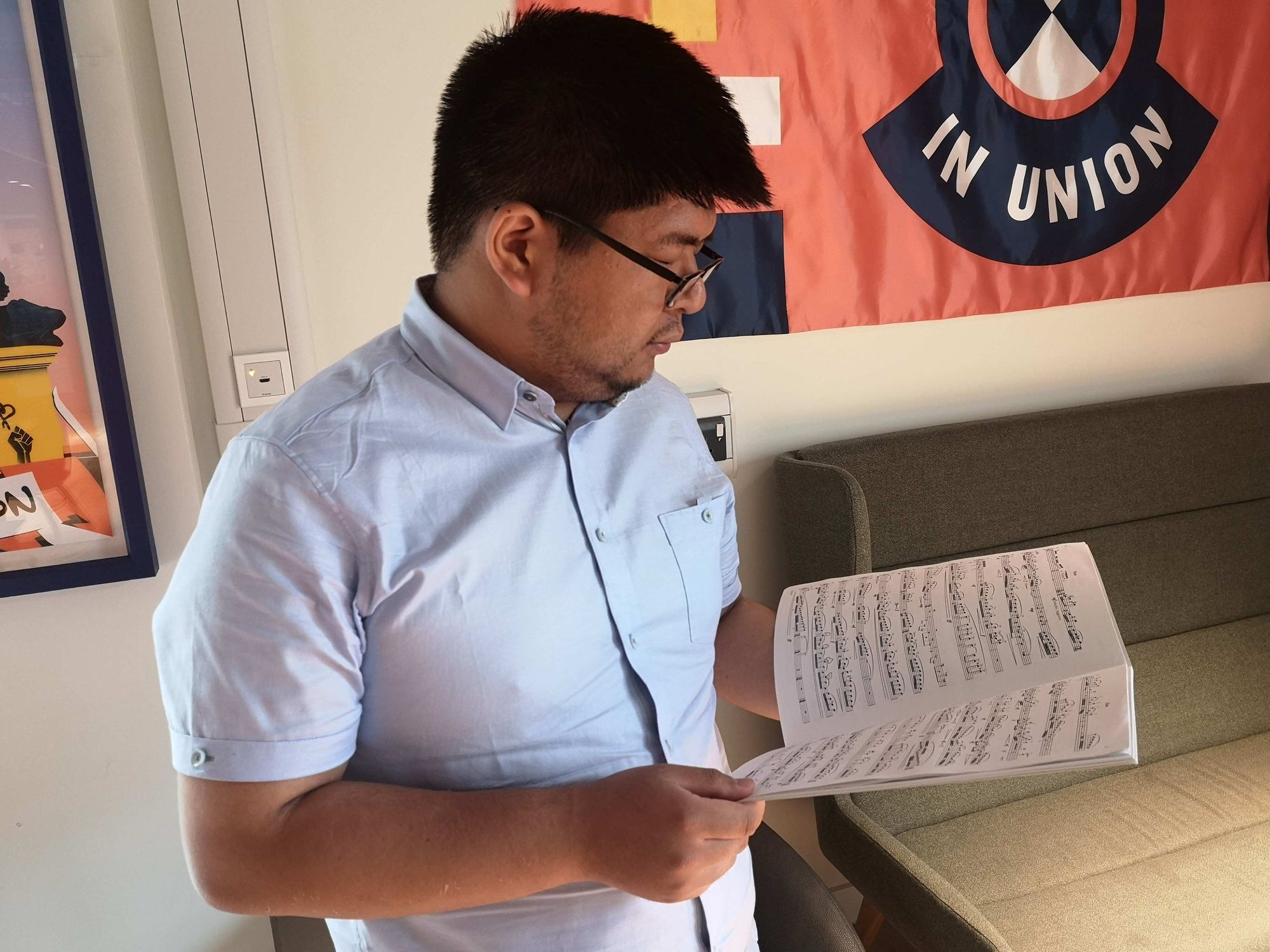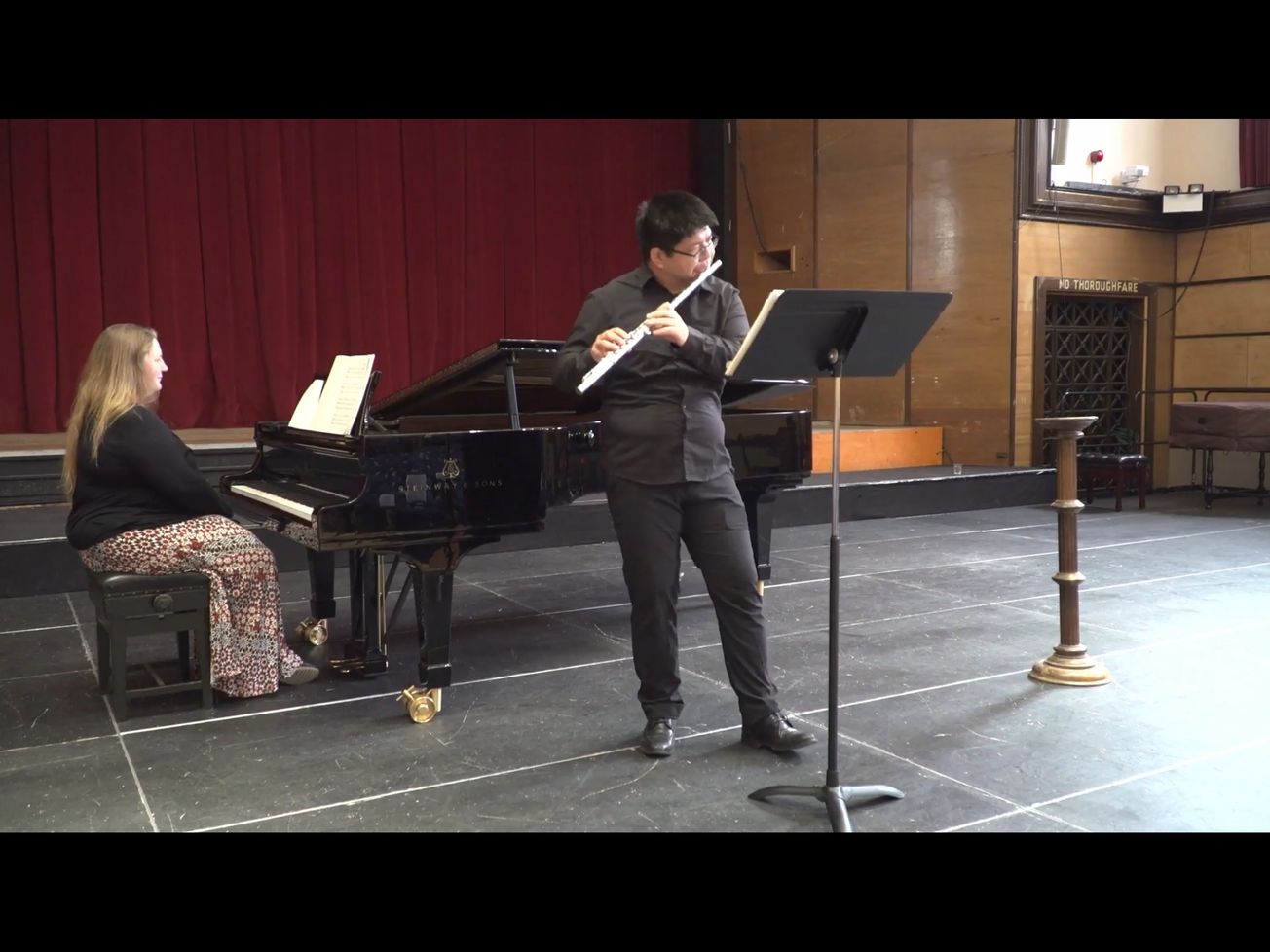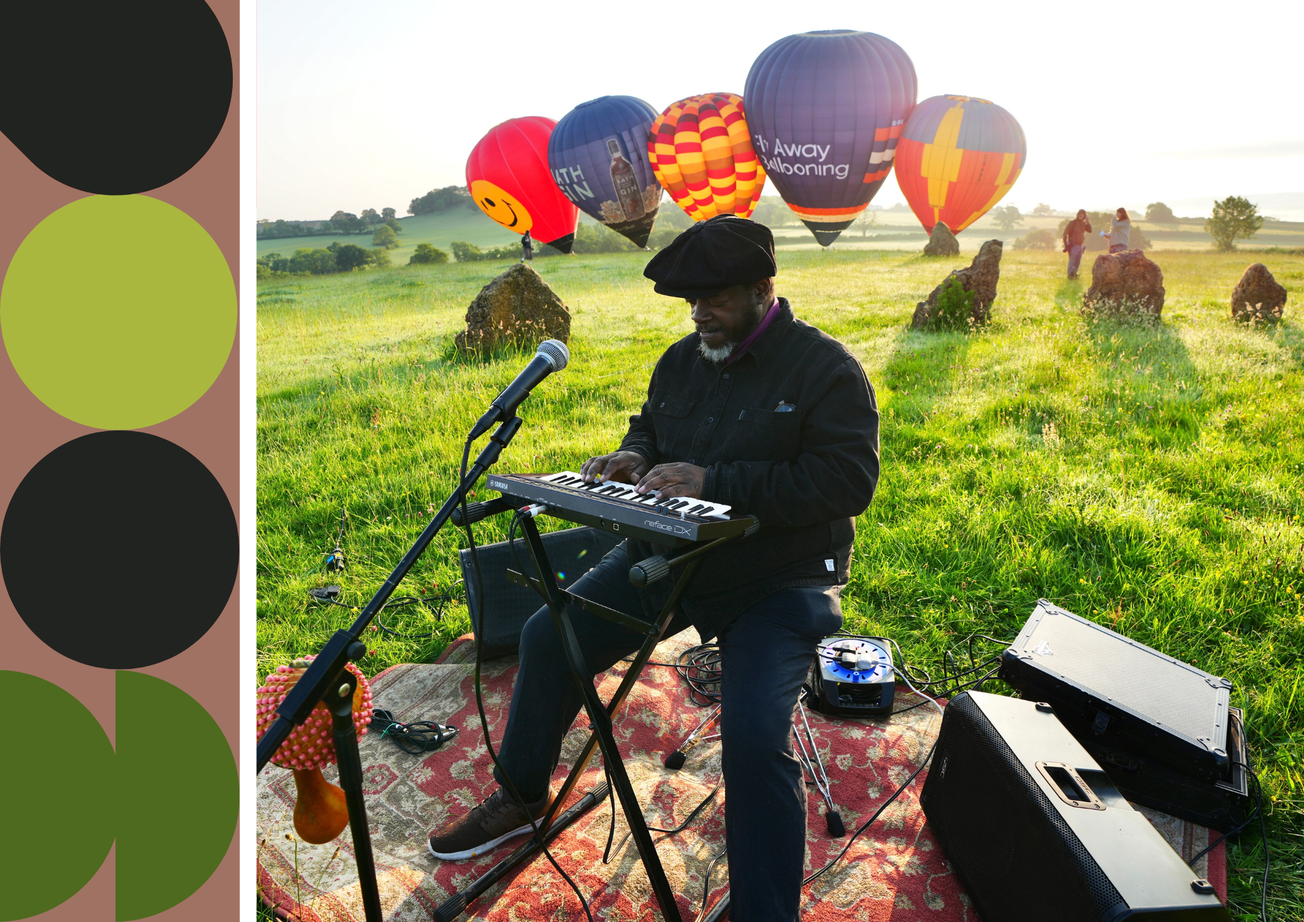by Milan Perera, Critic Columnist
Zhe Yang is a musician extraordinaire. He picked up the flute at the tender age of five. Born in Shanghai, China, Yang impressed both his peers and teachers with the dazzling command of the instrument. His musical predilection was not limited to the woodwind instrument but expanded to conducting after watching great many conductors such as Herbert von Karajan, Zubin Mehta and Simon Rattle on video.
After graduating from the University of Bath in Music, Yang began his postgraduate studies at University of Bristol. This year marks his graduation. His recital examination concert was nothing short of a cornucopia of delights which was held at the neo-classical recital room at the Victoria Rooms.

The recital consisted of four pieces and Yang was accompanied on the piano by the renowned piano & organ teacher, Claire Alsop. The opening piece of the recital was the fiendishly difficult unaccompanied solo for flute, Sonata in F sharp minor by Sigfried Karg-Elert. There was no margin for error as the soloist is heavily exposed in this piece as there is no piano accompaniment to drown out any imperfections. The birdsong like solo flute piece reached to soaring high notes at a dazzling pace which requires a great command in scales which Yang executed effortlessly.
The second piece for the recital, Variation on a theme by Rossini is a composition of such delight by the doyen of composers, Frédéric Chopin. Known as the poet of the piano, Chopin penned this composition while he was still a young impressionable musician. Yang played the long passages with elegance with a perfect control of breath. The recital then made way to a piece known for its technical difficulty, Fantaisie for flute and piano by Philippe Gaubert. Gaubert was a French composer and flautist who put flute at the forefront of solo performances providing further colours and depth, hitherto unknown. It is a piece of such unfulfillable longing which both Yang and Alsop managed to paint with finesse. The dazzling scale runs is a pitfall for the soloist as it tends to make them lose footing and skid through. Each note sounded as clear as a freshly minted coin by Yang and it looked so effortless.
The last piece for the recital was a light-hearted piece with a strong flare of folk music by Hamilton Harty. Aptly named, “In Ireland” is a composition of beguiling serenity. But it is no pleasure cruise for the flautist as it relies heavily on playing long passages seamlessly. Yang’s technical brilliance neatly negotiated this deceptively difficult piece.
It was a soaring triumph for Yang which made his graduation even sweeter. His conducting skills also did not go unnoticed as when he was invited to conduct Bristol University Operatic Society’s production of Die Fledermaus. He won the approval of the orchestral musicians for his non-hierarchical but consistent approach to the score.
In 2022, Yang attended the prestigious conducting course, Girton Conductors' Course, at Girton College Cambridge, where he received tuition from Dominic Grier, Denise Ham, and Cathal Garvey.
When asked Yang of his approach to classical music which takes up large chunks of time for practice, rehearsals and performance, he was upbeat and optimistic. He firmly believes in swimming against the tide when the interest in classical music is deemed elitist. His vision is nothing short of bringing the delights of classical music to masses whether it is as a soloist or a conductor. Yang gave this comment as we were finishing our interview at Beckford Café at Senate House:
“Composers are storytellers. Although they rarely use words, the dots and strokes on a paper are like a piece of theatre with many characters. As musicians our duty is not to be stymied by the limitations or the technique of our instruments but respond to the call of the composer and convey it to the public in the best possible way”
Featured Image: Milan Perera
Have you been to a recital at the Victoria Rooms yet?








